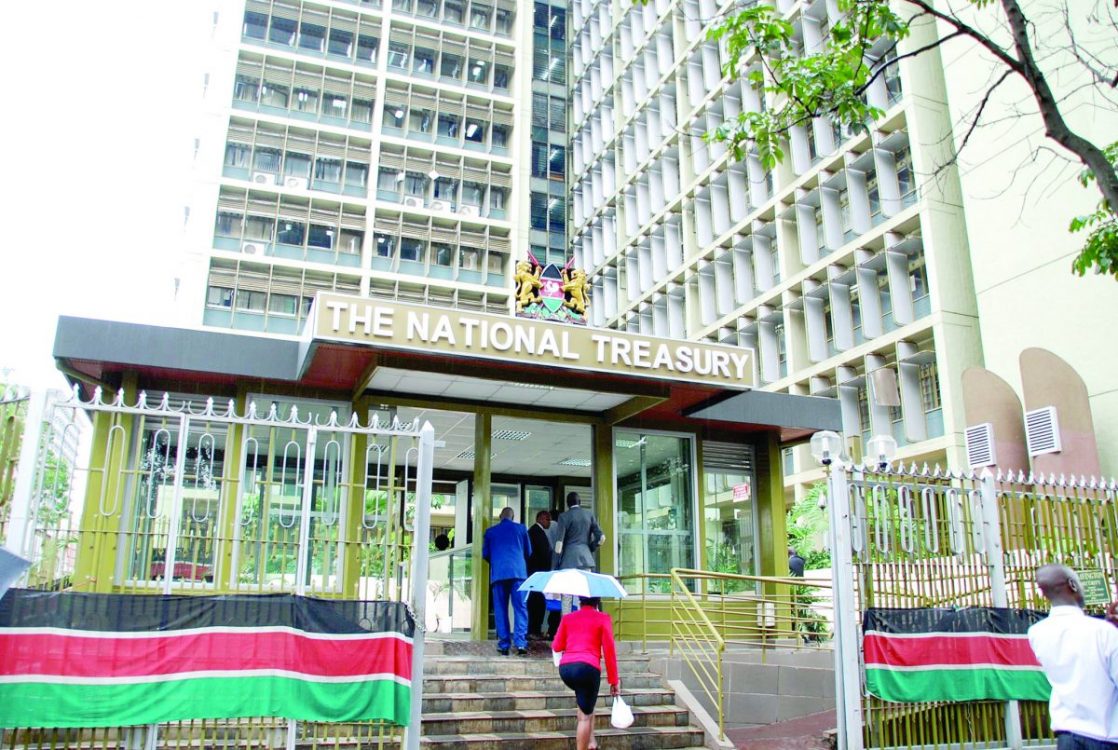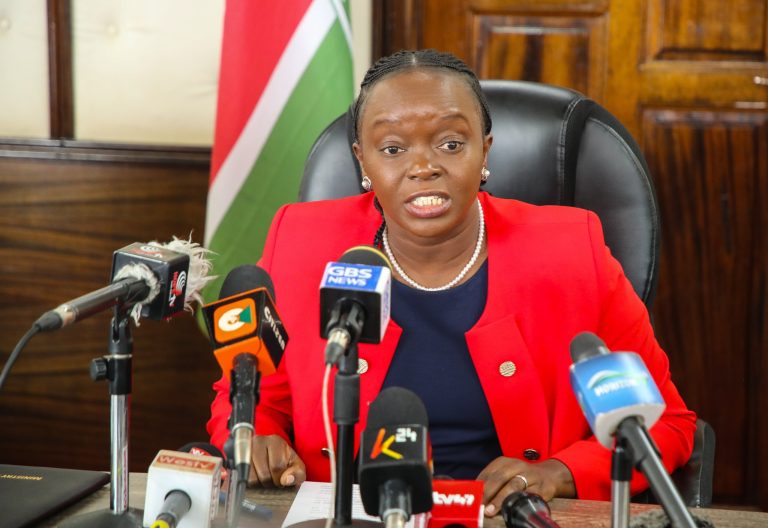Treasury gets boost as MPs shield Sh2.6tr revenue hunt

The National Treasury might have just gotten the much-needed shielding to increase ordinary revenues by more than Sh540 billion from July after parliament backed up the major tax votes with the highest rate hikes.
Although the Parliamentary Committee on Finance and National Planning recommended a raft of amendments to the Finance Bill 2023 to cushion Kenyans and a couple of businesses, the taxes with the biggest impact on revenue collection have widely been left untouched.
Should the recommendations be adopted, it will put the government on the right path to collect an ambitious Sh2.57 trillion ordinary revenue in the upcoming 2023/24 budget. This will reflect about a 26.6 per cent increase from the previous collection of Sh2.031 trillion, signalling a hard-hitting tax impact on the economy.
Major tax votes
Ordinary taxes for the current Financial Year ending this month is expected to fall short of the previous year’s Sh2.031 trillion, explaining why major tax votes have been retained. In the committee report, Value-Added-Tax (VAT) on fuel has, for instance, been left doubled to the general rate of 16 per cent.
The Kimani Kuria-led committee argued that the existing VAT rates were not standard and thus intended to harmonise the rate to 16 per cent including petroleum products.
“The committee also agreed that the effect of the differential VAT on fuel led to petroleum distributors being in a constant credit position, thus leading to high expenditure for the Government,” the report reads in part. VAT, which is a consumer tax, is the second best-performing tax head for Kenya Revenue Authority (KRA). Considering the increased fuel prices and consumption due to economic recovery, KRA is expected to be the biggest beneficiary of the VAT rise.
Kenya’s economy hugely relies on the fuel for transport, powering of farm machinery and electricity generation, with the VAT hikes going to impact end-users through adjustments of prices of consumer goods like flour, sugar, and cooking oil.
Taxation of public officers’ per diems and reimbursements and introduction of a new tax band of 32.5 per cent and 35 per cent for high-income earners will also see KRA shore up its Pay-As-You-Earn (PAYE) pool, which was the highest collection at Sh461.8 billion by last June.
VAT and income tax contribute about 76 per cent of the ordinary revenues. The excise tax vote, the other major source KRA’s collection from bank transactions, alcohol, chocolates, juices, betting, and imported sugar, will also get a further boost as the committee agreed to either retain or increase their different rates. It means big taxpayers such as Safaricom, East African Breweries Ltd (EABL), BAT, and commercial banks will consequently contribute more money to the exchequer. However, experts caution that the ongoing tax reforms could dampen consumption in the private sector, thus impacting firms’ ability to sustain the current workforce.
“The purchasing power of households in the medium term will be negatively affected by the proposed tax measures in the Finance Bill 2023,” World Bank warned in the recent Kenya Economic Update (KEU).
Financing programme
World Bank’s statement, however, contracts the International Monetary Fund, which has been pressing Kenya to raise more tax revenues to support the budget as part of the conditions to continue enjoying the active 38-month financing programme.
Other than VAT and PAYE, taxes on betting, a keenly scouted sector by the government, has been reviewed upwards from 7.5 per cent to 12.5 per cent, but this is lower than the 20 per cent initially proposed.








